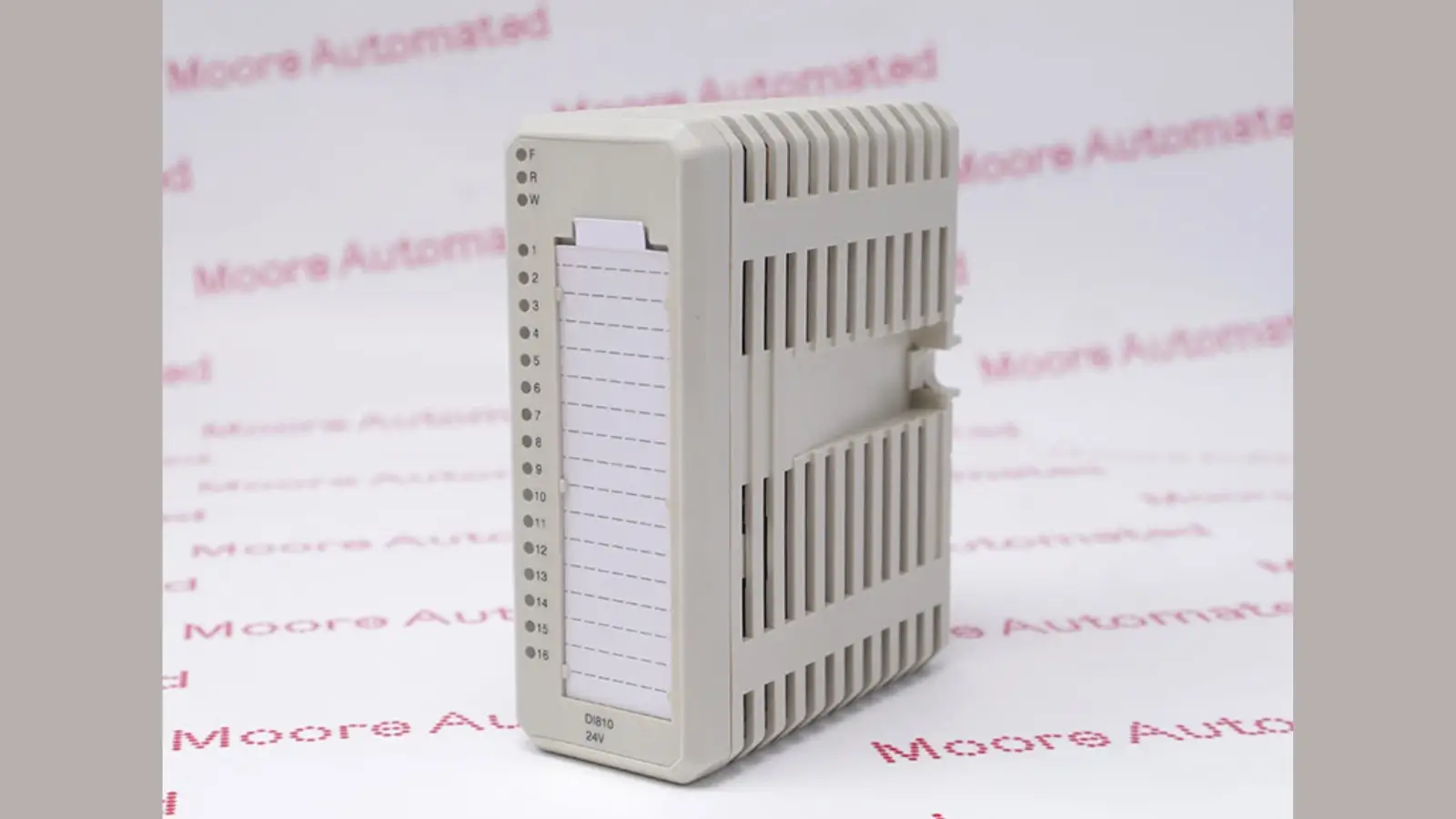In the HVAC world, time isn’t just money, it’s reputation, referrals, and return business.
Every minute wasted on navigating traffic, or scouring for paperwork could be a missed opportunity to get another appointment. This is why, in 2025, HVAC experts across the U.S. and Canada are looking for a remarkable time-saver that is revolutionizing the industry: smart scheduling.
It's not an expensive gadget or an elaborate CRM. It's a basic but effective feature that's built into modern field service software, which is automated, skill-based dispatching. It's also cutting down time each week.
The Real Cost of Poor Scheduling
Let's face it. The majority of HVAC technicians don’t leave early because there’s no work. They leave because they're running out of time. Between double bookings, long drives across town, or arriving at a job without the right tools, inefficient scheduling is a silent profit killer.
A delay of 15 minutes per job can add up quickly. Multiply that number by four to five service calls per day, and a single tech may be losing more than an hour every day. Imagine this happening to a team of 5 or 10. There's a range of 25 to 50 hours of labor each week.
This loss of time doesn't just cause a loss in profits, but also burnout, unhappy customers, and missed opportunities to follow up or upsell.
What Is Smart Scheduling?
Smart scheduling uses automation to assign jobs according to technician location, skillset, availability, and job type. It is more than just filling time slots. It makes sure that the right person is there with the appropriate equipment, in the right place, without having to waste gas or guessing their next stop.
With the help of HVAC scheduling and dispatching software, dispatchers do not have to play Tetris in the calendar anymore. The system handles the heavy lifting of matching tasks to techs based on live data. This means lower downtime, fewer errors, and faster turnaround times for service.
Smart scheduling platforms automatically notify the team and reassign jobs in real time when cancellations occur and reschedule with ease. Instead of a scramble, your team gets notified instantly and the open time slot can be filled with a nearby technician.
Why HVAC Businesses Are Making the Switch
The shift isn't only about speed. It's about expanding. Small-scale businesses that previously depended on paper calendars, and sticky notes, are now with even basic applications able to manage more work each week using the same staff, just by focusing on who gets to where and when.
Benefits HVAC teams are reporting:
-
20–30% more service calls completed per week
-
Major drops in technician idle time
-
Reduced fuel costs from smarter routes
-
Happier customers with tighter appointment windows
-
Fewer reschedules due to skill mismatch
-
Streamlined communication between office and field staff
The most exciting aspect? The majority of teams can see the benefits within a few weeks of switching. There's no need for a long process of learning or costly training.
Real-World Example: One Tech, Five More Jobs
Let's look at this situation. An HVAC firm located in suburban Texas operated with whiteboards and text messages. A technician named Chris often traveled thirty miles to work and reached sites with the wrong equipment. After adopting smart scheduling using the software, dispatchers started routing Chris by zones and filtering jobs according to his expertise, which included heat pumps and the ductless system.
The result? Chris has been able to finish two or three additional jobs each day. It's not because he's putting in more hours, however, but because his workdays are more efficient. He spends less time in traffic, improvising, and spends more time doing what he's been trained to accomplish.
Increase that number by four techs, and you'll find an organization that can handle 40-50 jobs every week. This efficiency is translated into quicker invoicing, better reviews, and a more efficient cash flow.
It's Not Just for Big Teams
It’s not just large HVAC businesses benefiting. Small teams benefit even more. If you’ve got two or three trucks on the road, you can’t afford override, make mistakes, or waste gas. A well-planned schedule can make two-person teamwork as a five-person team. You don't even need IT personnel to begin. Many platforms are plug-and-play with accessibility to your techs via mobile and office dashboards.
Even solo operators benefit. With less admin time scheduling their day it is possible to squeeze into more appointments or finish their day earlier, without losing the revenue.
What Features Matter Most?
When searching for tools to schedule, HVAC pros should keep in mind:
-
Skill-based job matching
-
Real-time GPS routing
-
Automated job notifications to customers
-
Calendar views with drag-and-drop rescheduling
-
Integration with invoicing and Equipment Tracking
-
Mobile access with offline syncing
-
Technician tracking for safety and accountability
These aren't just for show anymore. They're how you remain in the game. Particularly during busy periods when every call is important and the expectations of customers are high.
Final Word: Don't Let the Clock Steal Your Growth
In HVAC, time is more than just a number on the clock. It's about profit, opportunities, and peace of mind. Smart scheduling isn't just a modern-day benefit. It's the way the most efficient HVAC companies are gaining in 2025.
If you're ready for a change from chasing the clock to taking charge of your schedule. It's the right time to consider what can aid your team in running leaner and more efficiently.
FAQs About HVAC Smart Scheduling
1. Is smart scheduling hard to set up?
No. Smart scheduling is designed for rapid onboarding. Many companies can be ready within a couple of days with complete customer support.
2. Will it work with my existing CRM or invoicing system?
Yes. A lot of scheduling platforms work directly with the most popular CRM and accounting tools such as QuickBooks, Xero, So your workflow remains in place.
3. What if my team isn’t tech-savvy?
That's often a problem. The best HVAC software, like Field Promax doesn't need the knowledge of a computer scientist. A majority of HVAC technicians can learn to use these apps in less than 30 minutes.
4. Do I have the ability to manually modify the schedule when required?
Absolutely. Automation is a great way to improve efficiency; however, managers and dispatchers always make the final decision. You're still in charge of your schedule.
5. How much does it typically cost?
Pricing is dependent on the features and the number of users, however, most solutions will pay for themselves in the first month due to the savings in fuel, less administrative time, and jobs.
Author Bio:
I’m Bhargavi Halthore, and I’ve spent the last six years diving deep into the world of digital marketing and tech. Working closely with startups and tech wizards alike has kept me entertained. What excites me most is watching how software can completely transform a business! Breaking down complex technological concepts so everyone understands them is my specialty. When not exploring these latest business software trends I can usually be found sharing what I have learned at events around America or Canada.

















